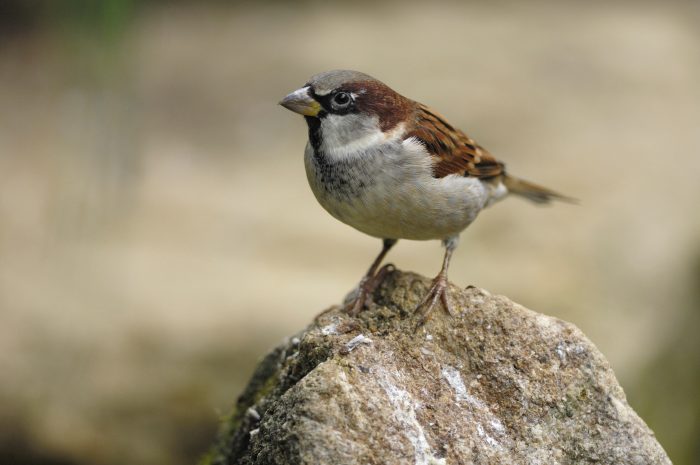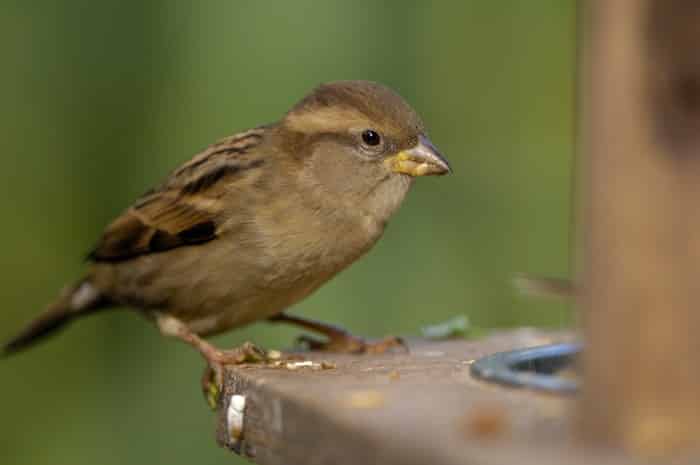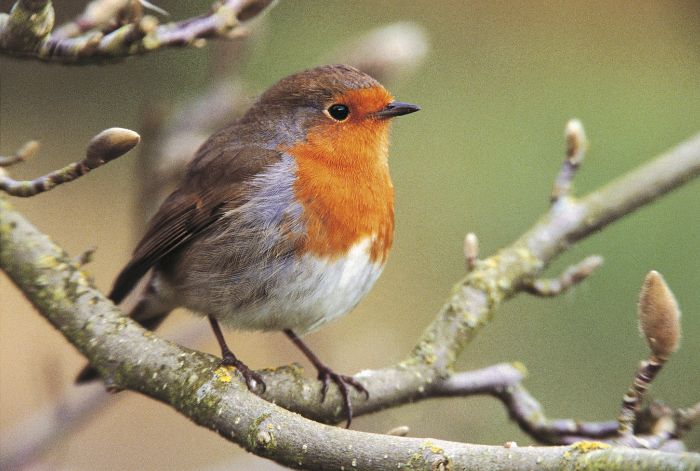27,000 Greater Manchester people take part in Big Garden Birdwatch
- Written by Louise Rhind-Tutt
- Last updated 4 years ago
- Family & Kids, Lifestyle

Now in its 42nd year, the Big Garden Birdwatch is a chance for people of all ages to count the number of birds that visit their garden, helping the RSPB build up a picture of how birds are faring.
This year, over a million people across the country took part counting 17 million birds, with nearly 27,000 people taking part across Greater Manchester.
Hopes were raised for a bumper participation year after results from a YouGov survey revealed the pandemic is making the public more aware of nature in their local area, with 41% seeing wildlife near their homes over the last 12 months that they had never noticed before. ?
When the final Big Garden Birdwatch results were counted, the RSPB was blown away by the phenomenal response from the public.

Over the first three days of submissions alone, numbers were up 85% compared to the same time period in 2020.
The house sparrow remained at the top of the Big Garden Birdwatch rankings in Greater Manchester as the most commonly seen garden bird.
Found in 60% of Greater Manchester gardens, across the country more than 2.6 million house sparrows were sighted throughout the weekend.
Meanwhile, starlings and blackbirds joined house sparrows to form the top three most sighted birds in Greater Manchester as local people enjoyed watching the wildlife found in their gardens.

The Big Garden buy dapoxetine singapore Birdwatch, which was held over the last weekend in January, revealed that the house sparrow held on to its number one spot nationally, but 16 out of the top 20 bird species showed declines in average counts compared to last year.
Starlings slid down the ranking from second place for the first time since 2010, with numbers down 83% since 1979.
Further national declines were recorded for greenfinch and chaffinch, with the lowest average for both types of bird ever recorded during the Big Garden Birdwatch.
Only robins, blackbirds, carrion crows and the song thrush saw an increase on 2020 across the UK.

“One way you can help revive our world is to bring nature to you,” said Beccy Speight, RSPB CEO.
“Your garden, balcony, and even windowsill are potential havens for wildlife, and in April we’re launching a digital platform, Nature on Your Doorstep, to help show you how.”
The charity is also urging members of the public to take care as they return to the countryside near them as nature’s busiest season is underway.
As breeding season begins, birds and other wildlife could be nesting nearby, with over half of England’s most threatened breeding birds nesting on or near the ground.
To help the wildlife near you this spring, be sure to follow the Countryside Code when exploring your local area.
- This article was last updated 4 years ago.
- It was first published on 9 April 2021 and is subject to be updated from time to time. Please refresh or return to see the latest version.
Did we miss something? Let us know: press@ilovemanchester.com
Want to be the first to receive all the latest news stories, what’s on and events from the heart of Manchester? Sign up here.
Manchester is a successful city, but many people suffer. I Love Manchester helps raise awareness and funds to help improve the lives and prospects of people across Greater Manchester – and we can’t do it without your help. So please support us with what you can so we can continue to spread the love. Thank you in advance!
An email you’ll love. Subscribe to our newsletter to get the latest news stories delivered direct to your inbox.
Got a story worth sharing?
What’s the story? We are all ears when it comes to positive news and inspiring stories. You can send story ideas to press@ilovemanchester.com
While we can’t guarantee to publish everything, we will always consider any enquiry or idea that promotes:
- Independent new openings
- Human interest
- Not-for-profit organisations
- Community Interest Companies (CiCs) and projects
- Charities and charitable initiatives
- Affordability and offers saving people over 20%
For anything else, don’t hesitate to get in touch with us about advertorials (from £350+VAT) and advertising opportunities: advertise@ilovemanchester.com


Review: Tambo & Bones at HOME is ‘ambitious, bold, gutsy…. and terrific’

Review: JB Shorts 26 at 53two is ‘a five-star showcase of northern talent’

















